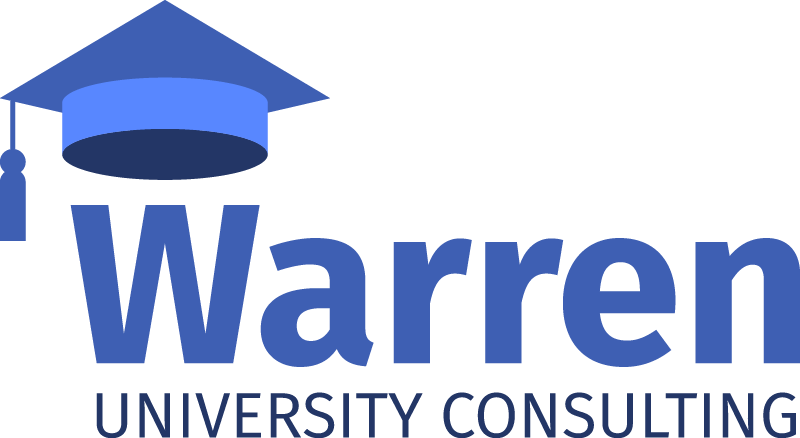
Unlocking Opportunities When Universities Visit Your High School
University visits are an integral part of the college admissions process in the United States and with US based schools visiting overseas. These visits provide a unique opportunity for students and their parents to interact directly with university representatives. Understanding the significance of these visits and knowing how to make the most of them can be a game-changer in the competitive world of college admissions.
What Are University Visits?
University visits involve representatives from various colleges touring high schools globally to promote their institutions and provide information to prospective students. This practice is more common in the US, where it is a big part of the university culture. High schools typically allow only the official university representative on campus, ensuring that students and parents are interacting with the right person who is an expert on their institution.
The Benefits for Students
- Advocacy and Connection: University visits offer a golden opportunity for students to advocate for themselves. By introducing yourself, expressing interest, and making a connection, you can leave a lasting impression. In a competitive application process, the representative you speak with will remember you and possibly advocate for you down the line.
- Gathering Information: These representatives are there to talk to students and answer a wide variety of questions, from admission policies and deadlines to specific questions about your individual situation. This is your chance to gather crucial information that will help you make informed decisions about your college journey.
- Access to Expertise: University reps are experts on their institutions. They can provide detailed answers about everything from the percentage of international students, their orientation programs, and support services available for students with specific needs, to more general inquiries like admission rates and overall costs.
How to Make the Most of University Visits
- Prepare Your Questions: Think about what you want to know and prepare your questions in advance. Some useful questions to consider might include:
- What percentage of your students are international, and where do they come from?
- What orientation and support services are available for international students?
- What is the admission rate?
- What are the overall costs, including tuition, housing, and other fees?
- How does the university support students with learning differences or mental health needs?
- Engage Actively: Don’t be afraid to introduce yourself and engage actively with the representative. This is your chance to express your interest and stand out.
- Listen and Learn: If you’re feeling nervous or shy, or if the representative is very popular with other students, it’s perfectly okay to listen in on the conversations around you. You can often pick up valuable information just by listening to the questions others ask and the answers provided by the representative.
- Involve Your Parents: Parents are welcome to attend these visits as well. They can provide support, ask additional questions, and help you process the information afterwards.
Final Thoughts
University visits to high schools are a valuable resource in your college admissions journey. They offer a direct line to the experts who can provide personalized answers to your questions and help you make informed decisions about your future. By preparing in advance, engaging actively, and listening carefully, you can unlock opportunities that might otherwise be missed. Embrace these visits as a chance to advocate for yourself and gain insights that will help you navigate the path to higher education.
Put our expertise to work for you when researching and developing your application list
We can guide you through the process of identifying an appropriate list of schools, factoring in your interests and application profile to ensure you success.




